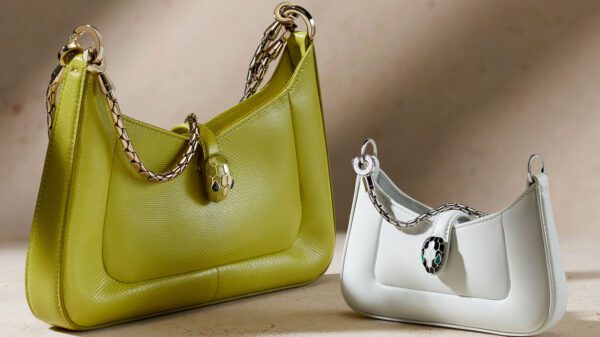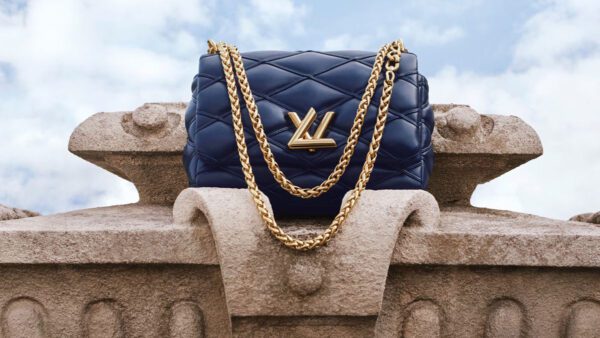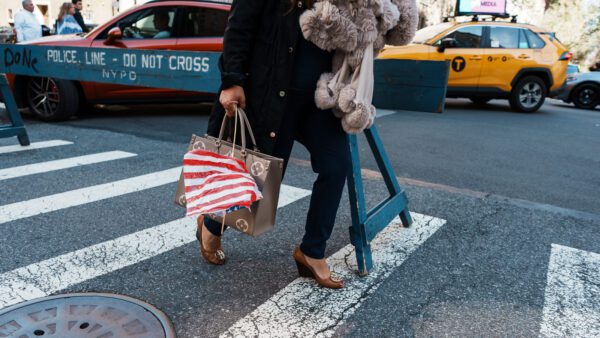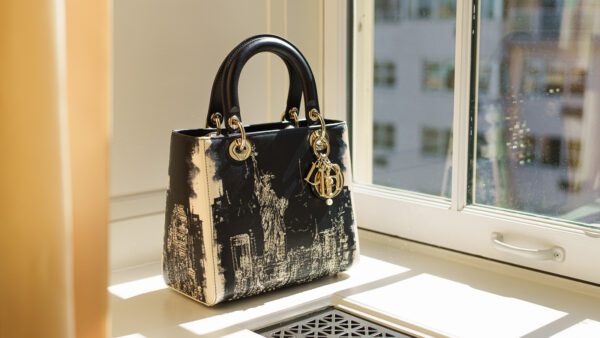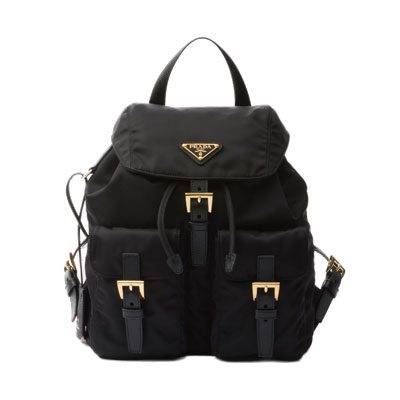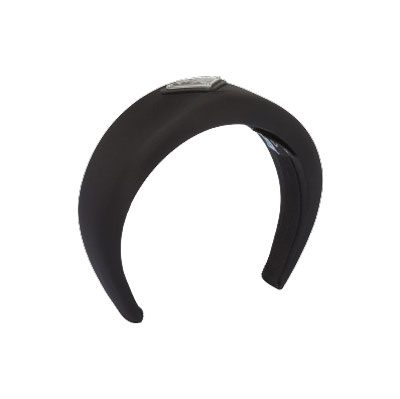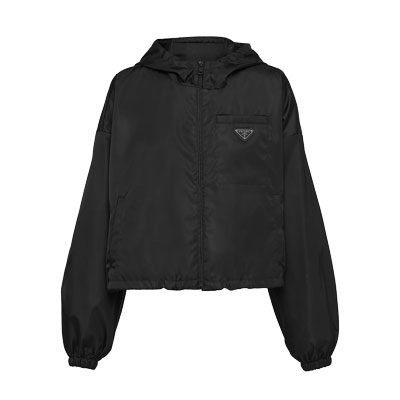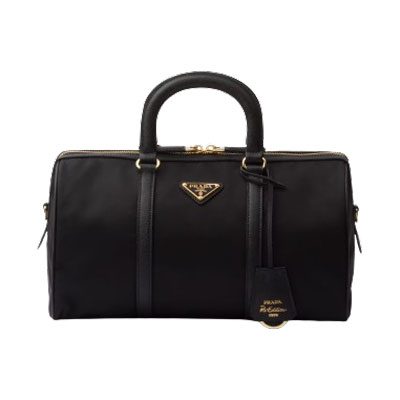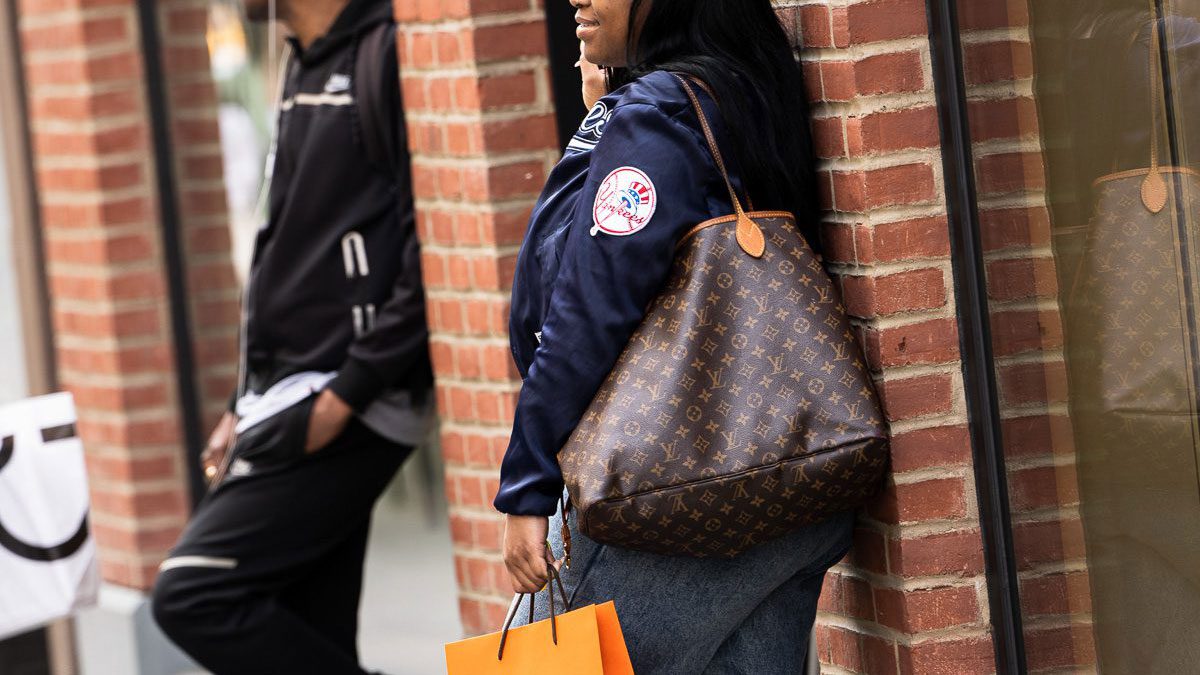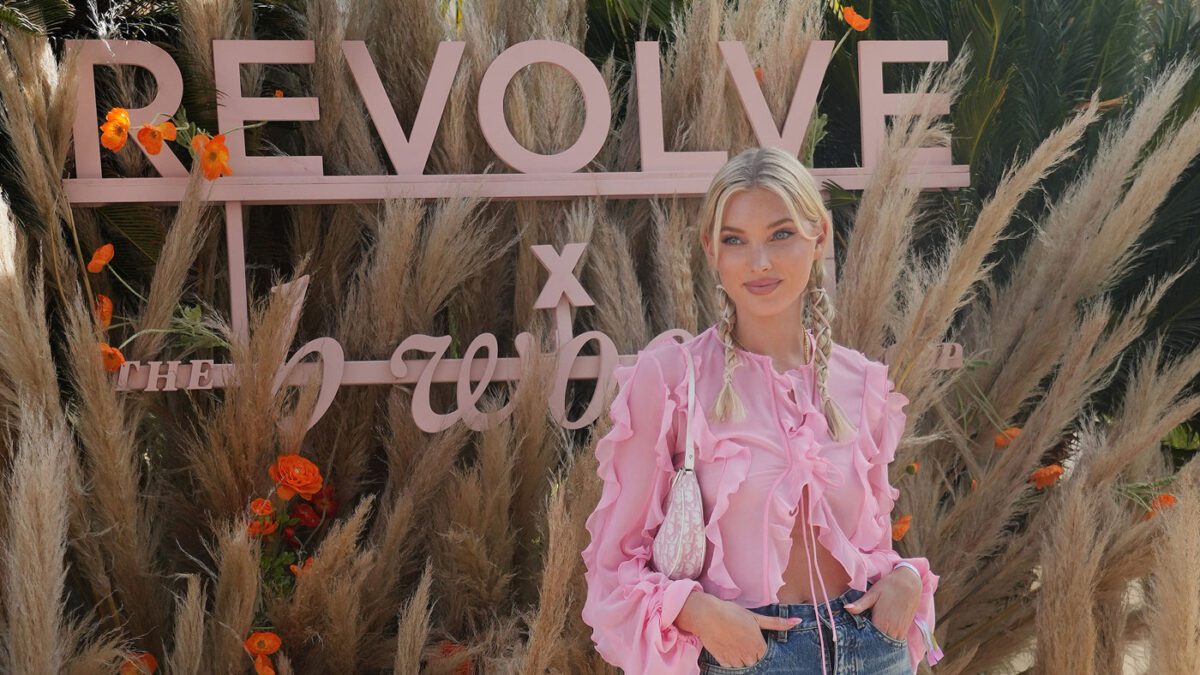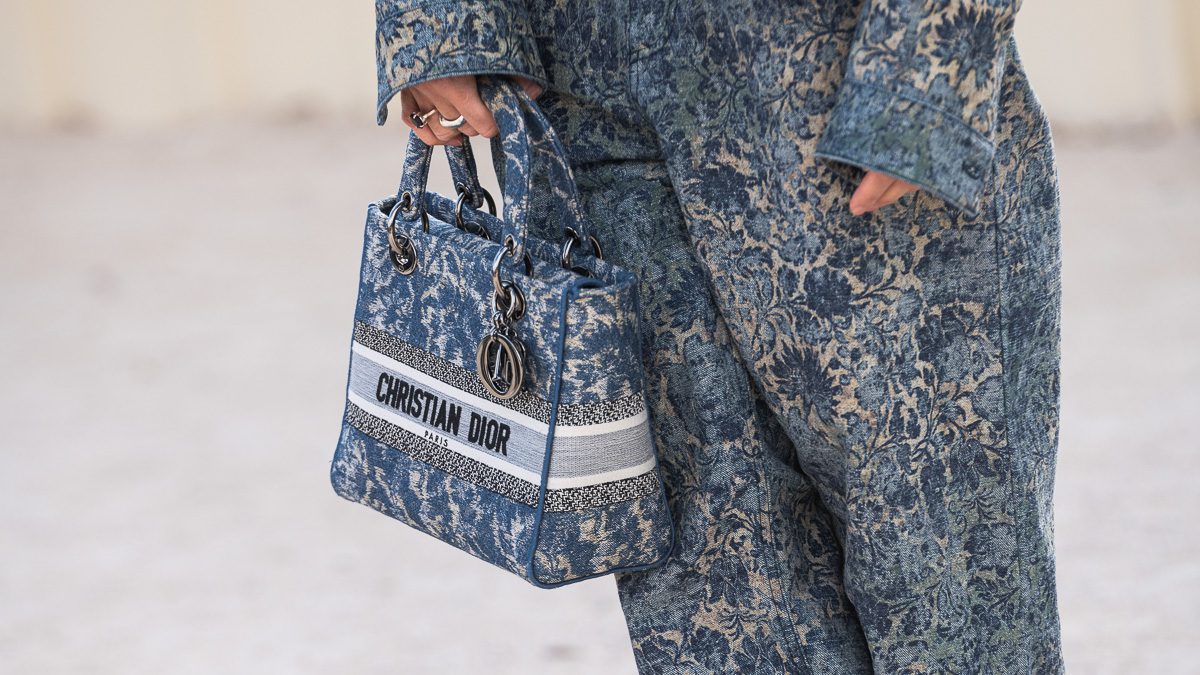My fellow PurseBlogger Kaitlin, recently questioned if there is such thing as “accessible luxury.”
Her thoughts about the balance between exclusivity and accessibility came at a when time fashion enthusiasts around the globe have begun to wonder if brands’ aim to maintain exclusivity will result in restrictive sales tactics or purchasing quotas becoming more prevalent.
Pay to Play
Back in April, luxury consumers in China protested after they reported feeling pressured by various fashion and jewelry SAs to first drop big bucks on other accessories before being allowed to purchase more high-value pieces.
According to them, some SAs even asked that they show receipts of previous purchases or outright told them there are levels to the game of getting what they want. This type of practice was one they, like us, had come to expect from brands like Hermès, but not from more “accessible” brands (like Celine) whose only requirement was just that we have the money to buy it.
This gamification of luxury shopping isn’t unique to the fashion industry (brands like Ferrari also require a lengthy purchase history to access exclusive models); however, many consumers felt that this model puts too much power in the hands of the sales associates and can be used as leverage to bait them into buying items from other categories (homeware, etc.) or to force them into becoming a repeat customer in order to get what they want. Additionally, they also claimed that brands with established quote systems unfairly required them to spend more than what is required of Western customers.
For the protestors, this tactic of using one’s “runoff desire” against them means all those blankets and cardholders are simply hors d’oeuvres to the hungry customers waiting without notice about if and when their main meal will ever be served.
A Sign of The Times
Last year, purse lovers in other parts of the world showed concern when Chanel decided to limit the number of bags one could purchase in a year. The decision came alongside the brand’s continuous price hikes and made many collectors speculate about Chanel’s intent going forward.
Certain Chanel bags had already inched into the $10k territory, and the move was seen by some as a warning sign of what was to potentially come.
Have Your Cake
It seems that brands looking to grow in the current market are in a pretty precarious position: they must try to strike a balance between meeting customers’ demands while keeping up the appearance of scarcity.
The problem lies in the fact that many luxury lovers want to have their cake and eat it too, which leaves it up to brands to determine how much manufactured scarcity is enough to satisfy their core customer base without alienating too many aspiring customers.
As we heard many express their dissatisfaction with Chanel’s attempt to pull ahead of the pack, it became apparent that luxury goods that are too accessible are at risk of losing their luster but keeping them too far out of reach can also have diminishing returns.
So what is a brand to do?
Undoubtedly, all the ultra-exclusive prestige brands won’t be changing their sales practices any time soon. Still, all of this does make me question: will we soon see more heritage brands using restrictive sales methods to protect their image and position in the marketplace? One can only wonder…
(P.S. Brands like Celine that were accused of using restrictive sales tactics have since denied protestors’ claims.)

